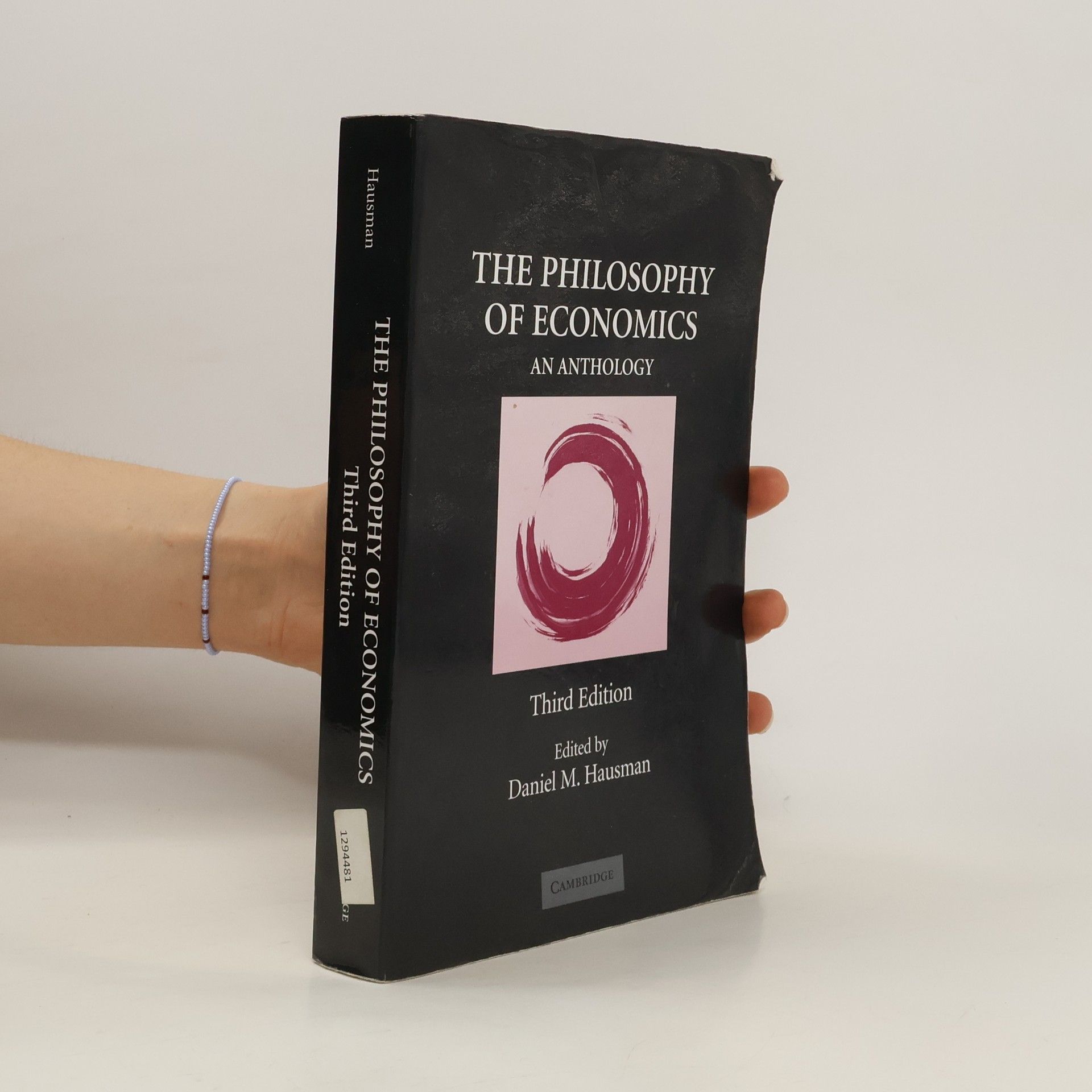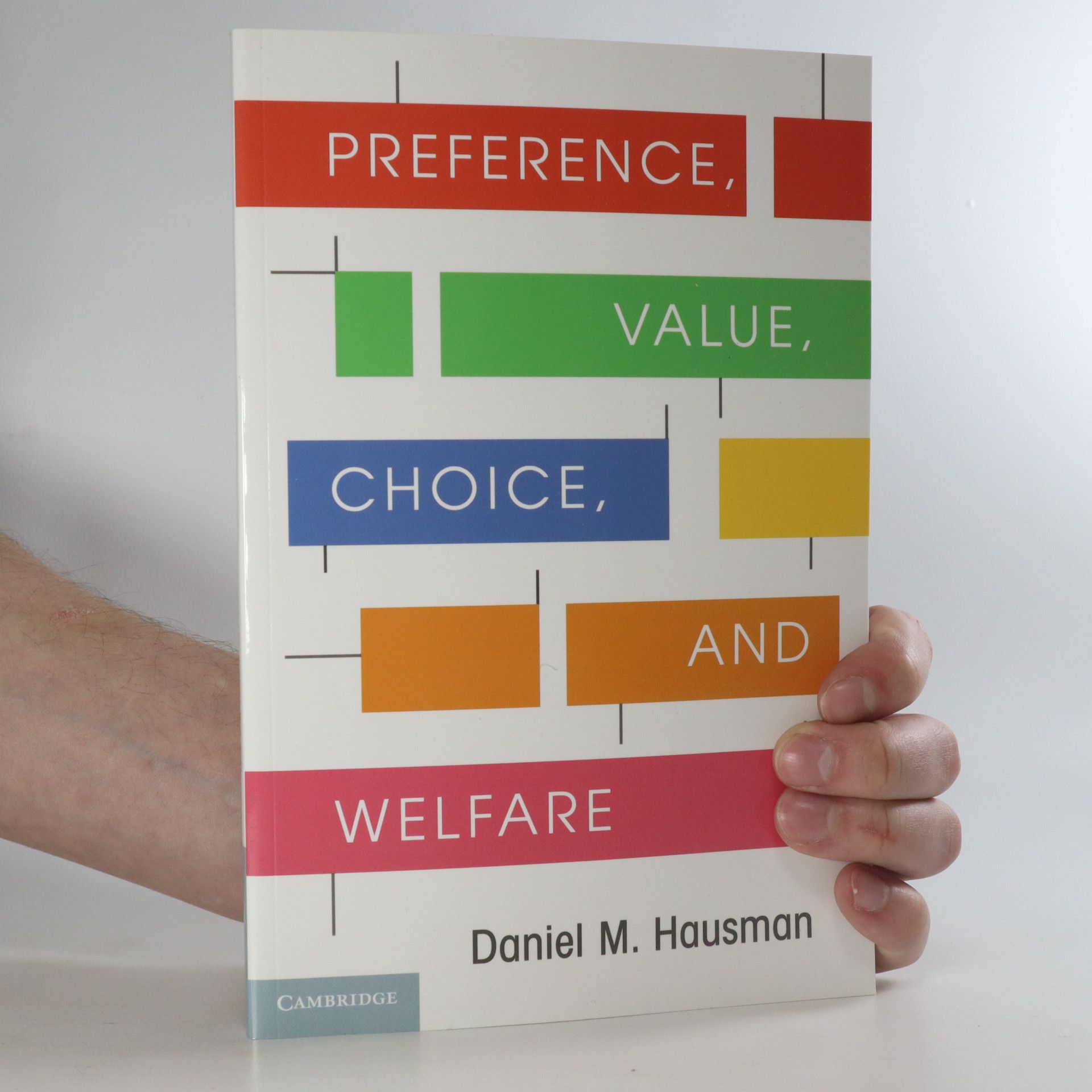Daniel M. Hausman Livres





Causal Asymmetries
- 320pages
- 12 heures de lecture
This book offers an in-depth exploration of causal asymmetry, presenting a thorough analysis from a leading philosopher of science. It delves into the complexities of cause and effect relationships, examining their implications across various scientific disciplines. The author provides critical insights and arguments, making it an essential resource for those interested in the philosophical underpinnings of causation and its impact on scientific understanding.
The Inexact and Separate Science of Economics
- 450pages
- 16 heures de lecture
The book explores the scientific status and methodology of economics, questioning its distinction from both natural and social sciences. It addresses the complexity of economic theories and their reliance on generalizations, examining whether these can genuinely be classified as scientific. The updated edition incorporates recent developments in economics and philosophy, featuring a new chapter on macroeconomic methodology, enhanced discussions on modeling, causal inference, and behavioral economics, making it an essential resource for students studying modern economic methodologies.
The philosophy of economics : an anthology
- 536pages
- 19 heures de lecture
This is a comprehensive anthology of works concerning the nature of economics as a science, including classic texts and essays exploring specific branches and schools of economics. Apart from the classics, most of the selections in the third edition are new, as are the introduction and bibliography. No other anthology spans the whole field and offers a comprehensive introduction to questions about economic methodology.
IntroductionCapital Theory and Classical Value TheoryCapital Theory, Utility Theory, and Economic EqualibriumNeoclassical Theories of Capital and InterestThe Cambridge Criticisms of Neoclassical Capital TheoryIntertemporal General Equalibrium TheoryOn the Interpretation of General Equilibrium ModelsPhilosophical Assessment of General Equalibrium ModelsSraffa and Neo-Ricardian Value TheoryPhilosophical Assessment of Sraffa's SystemConclusionsMethodological PostscriptBibliographyIndex